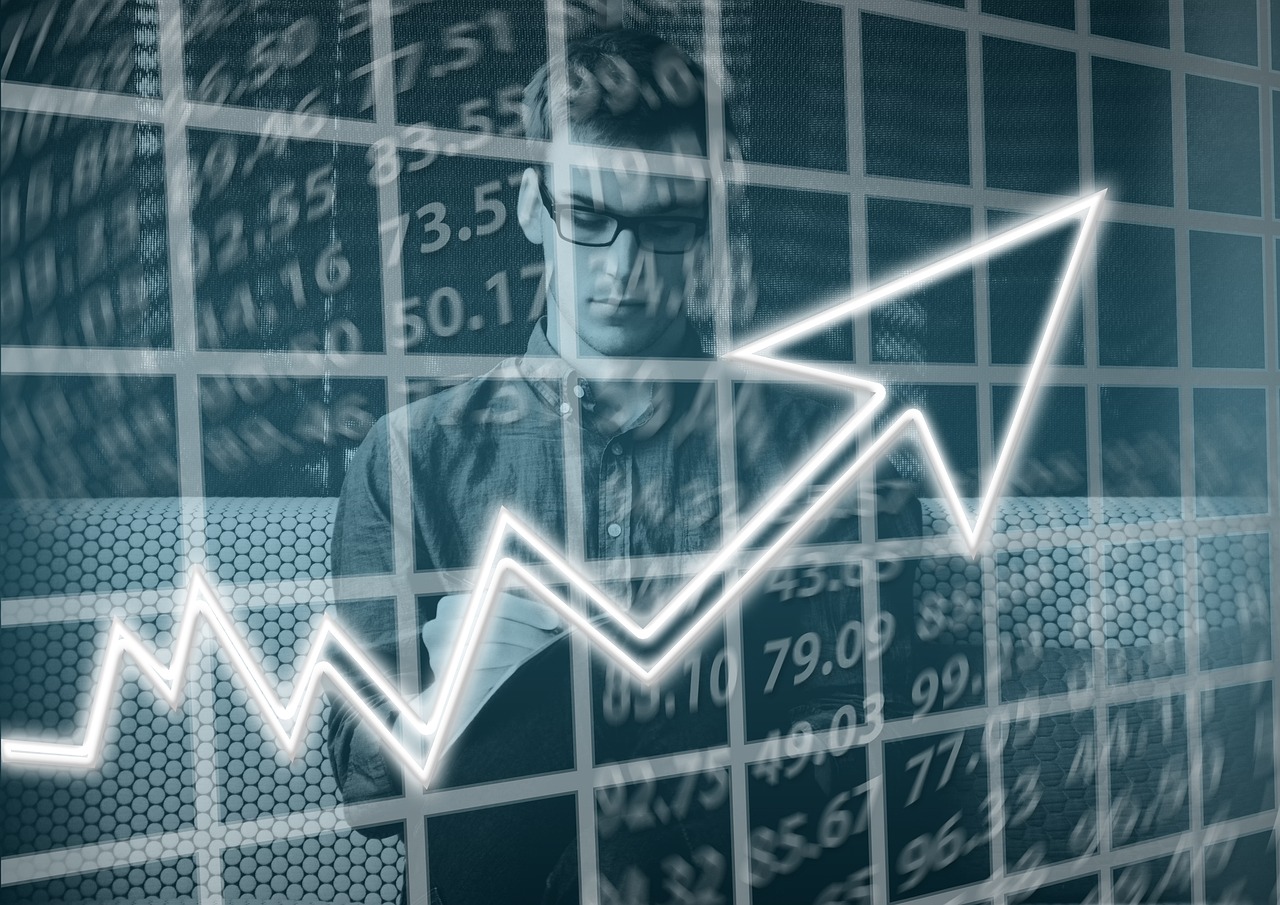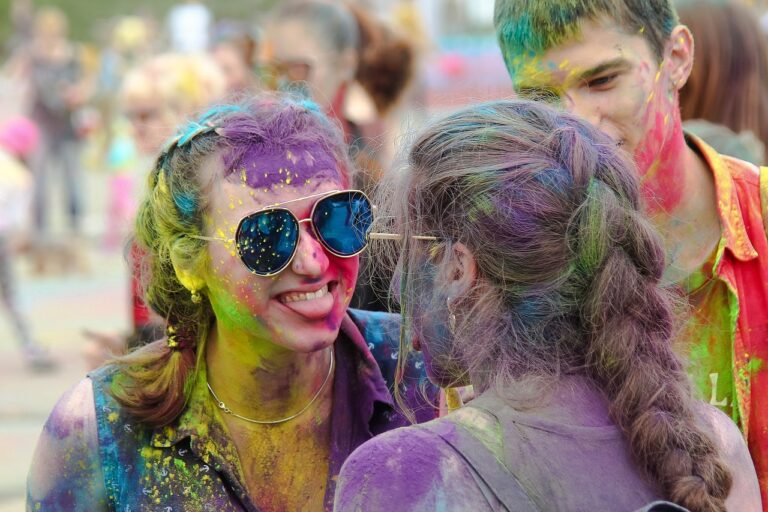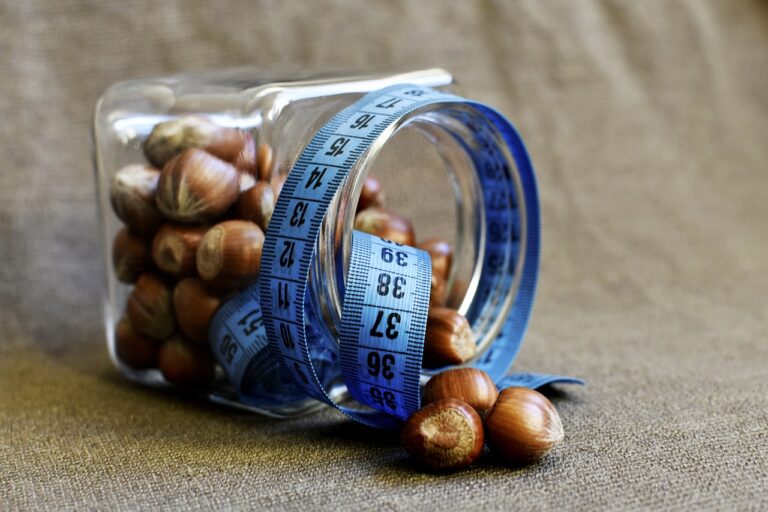The Influence of Social Media on Lifestyle
Influencers have become key players in driving lifestyle trends across various industries. From fashion and beauty to travel and wellness, these individuals have the ability to influence the preferences and choices of their audience through their content on social media platforms.
Their authenticity and relatability resonate with followers, leading to increased engagement and trust in their recommendations. Brands are now leveraging the power of influencers to reach their target demographic in a more organic and effective way, as the influencer’s endorsement comes across as a personal recommendation rather than traditional advertising.
• Influencers have a strong impact on shaping lifestyle trends in different industries
• Their authenticity and relatability connect with followers, leading to higher engagement
• Brands are using influencers to reach their target audience more effectively than traditional advertising
Comparison of Offline vs Online Shopping Habits
Offline shopping offers the tactile experience of physically interacting with products, trying them on, and receiving immediate assistance from sales staff. In contrast, online shopping provides convenience, a wider selection of products, and the ability to compare prices from different retailers with just a few clicks.
Many consumers still prefer brick-and-mortar stores for the social aspect of shopping with friends or family, while others enjoy the instant gratification of taking their purchases home immediately. On the other hand, online shopping appeals to those who value time-saving benefits, such as avoiding crowded stores and long checkout lines.
Impact of Social Media on Body Image and Self-Esteem
Social media has become a powerful tool that influences how individuals perceive themselves and others. Platforms such as Instagram and TikTok are flooded with images of seemingly flawless bodies, setting unrealistic beauty standards. Users are often bombarded with curated images that promote a certain body type, leading to comparisons and feelings of inadequacy.
Moreover, the constant exposure to edited and idealized images can negatively impact users’ self-esteem. Research has shown that frequent social media usage is linked to lower self-esteem and body dissatisfaction, particularly among young individuals. The pressure to conform to these unrealistic beauty standards can fuel insecurity and perpetuate a cycle of negative self-perception.
How do influencers play a role in shaping lifestyle trends through social media?
Influencers often promote certain body standards and fashion trends on social media platforms, influencing their followers to emulate their lifestyles.
How does social media impact our shopping habits?
Social media platforms provide easy access to online shopping, leading to increased impulsive buying behavior and comparison shopping.
What are the effects of social media on body image and self-esteem?
Social media can perpetuate unrealistic beauty standards, leading to negative body image and lower self-esteem among individuals who compare themselves to idealized images online.







